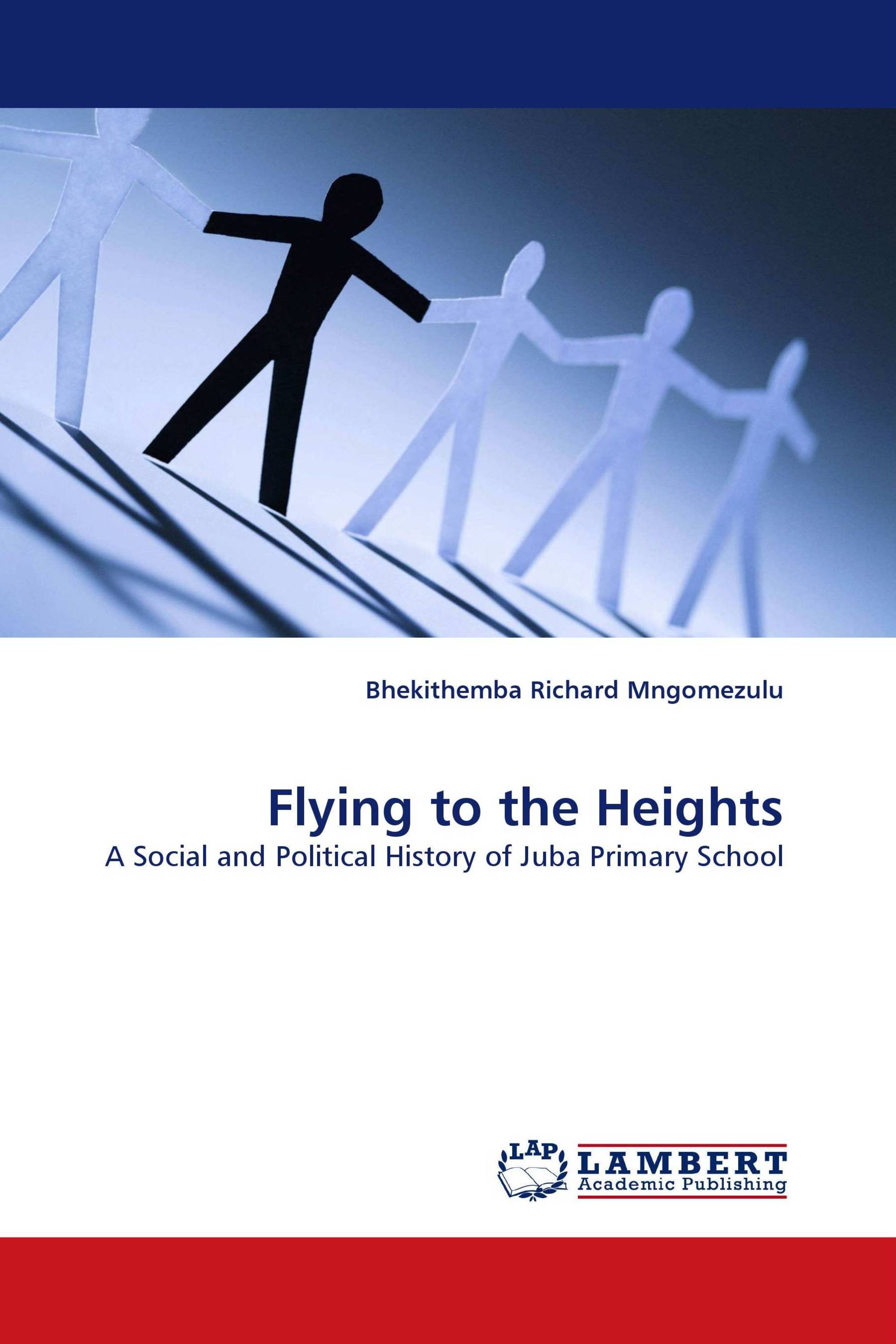The institutionalisation of apartheid in 1948 created a favourable environment for the sustenance of social classification and stratification. Among other things, the state used education as a tool to reorganize the society. White children had better education opportunities and their schools enjoyed a lion''s share of the national education budget compared to their black counterparts. Although this was a racial problem, the urban/rural divide became more evident. Rural communities were totally neglected .But not all rural communities succumbed to their predicament. This book, therefore, uses a case study of Ingwavuma rural setting to discuss the social and political ills of apartheid. It demonstrates how some rural communities like that of eSovane responded to apartheid. This analysis is timely in South Africa today where the global economic crisis makes it difficult for the government to address the needs of its people. The study shows how people can help themselves. Historians, political scientists, sociologists, educationists and policy-makers will find this study useful. It epitomises a history from below.
Book Details: |
|
|
ISBN-13: |
978-3-8383-2370-1 |
|
ISBN-10: |
383832370X |
|
EAN: |
9783838323701 |
|
Book language: |
English |
|
By (author) : |
Bhekithemba Richard Mngomezulu |
|
Number of pages: |
176 |
|
Published on: |
2010-09-13 |
|
Category: |
Social pedagogy, social work |
